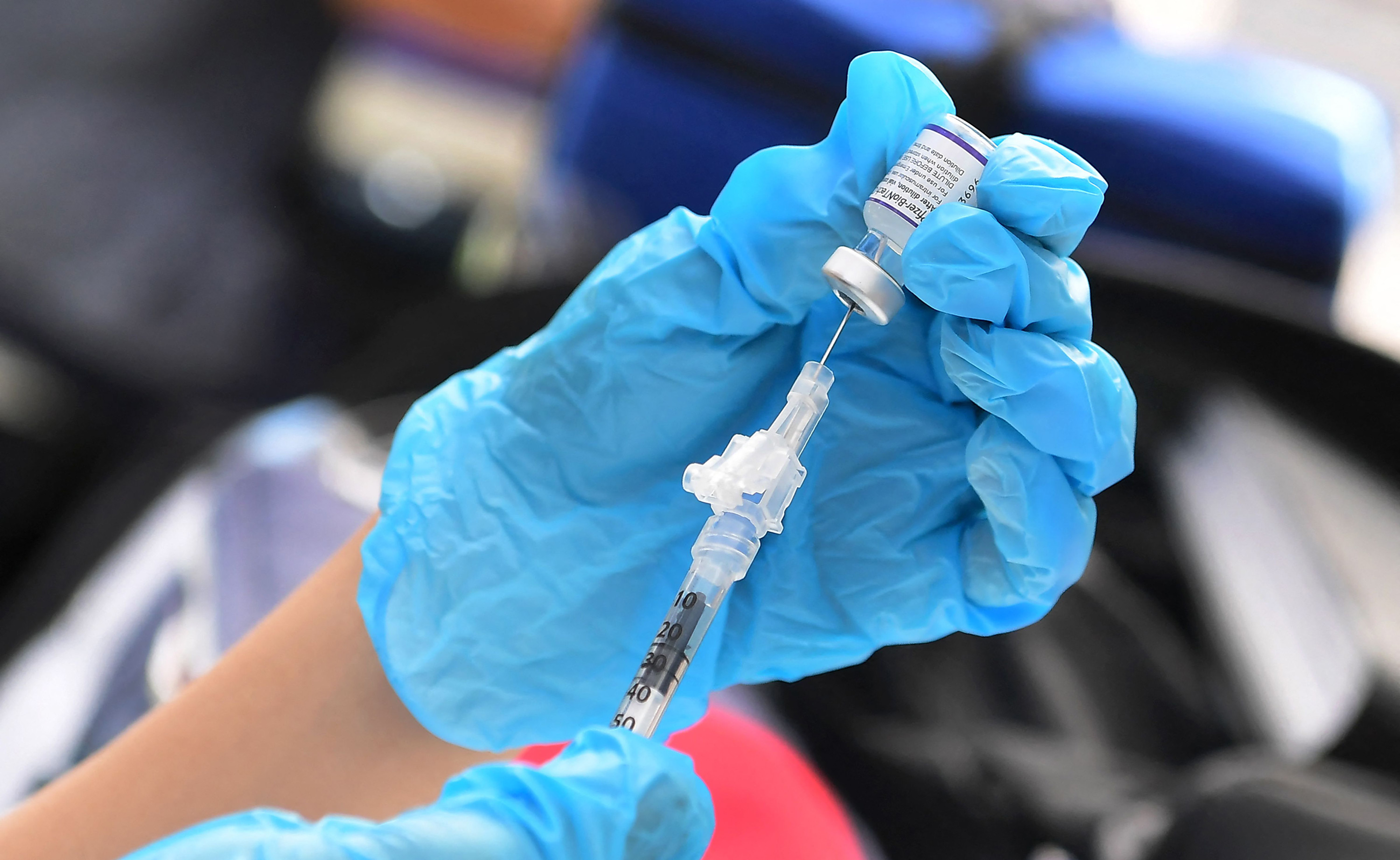
The mRNA vaccine from Pfizer/BioNTech is 92% effective at preventing Covid-19 in young people ages 12 to 17, according to data published Thursday in the US Centers for Disease Control and Prevention’s Morbidity and Mortality Weekly Report.
The researchers looked at 243 adolescents with no previous positive Covid-19 tests in Arizona between July 25 and Dec. 4. The teens or their parents took nasal swabs and sent them in for weekly PCR testing. Twenty-one teens tested positive during the study period, and 18 of them reported symptoms. The findings are consistent with clinical trials and other studies, the researchers report.
The study took place during a period when Delta was the dominant circulating variant of the coronavirus. Early findings suggest that the latest variant, Omicron, may be less sensitive to vaccines. A booster dose raises protection levels, but boosters have not been approved for children and teens in the US.
The US Food and Drug Administration has approved the Pfizer/BioNTech vaccine for people as young as 16, and it’s available under an emergency use authorization for ages 5 to 15.
Other research published in the MMWR on Thursday found that reports of serious adverse events were rare in children ages 5 to 11 who got the vaccine.
The study looked at reports of two safety surveillance systems, the Vaccine Adverse Event Reporting System (VAERS) and v-safe, from Nov. 3 to Dec. 19. During this period, about 8.7 million doses of the Pfizer/BioNTech vaccine were given to kids 5-11.
VAERS received 4,249 reports of adverse events, and more than 97% were not serious. One hundred serious events were reported, most commonly fever, vomiting and increased levels of troponin, a protein found in the heart muscle. There were 12 reports of seizure and 15 reports of myocarditis, of which 11 were verified.
More on the study: V-safe enrolled 42,504 vaccinated children ages 5-11. After the first dose of the vaccine, 54.8% reported local reactions and 34.7 reported systemic reactions; after the second dose, 57.5% reported local reactions and 40.9% reported systemic reactions. The most commonly reported reactions were pain at the injection site, fatigue and headache.
The researchers noted that their findings are consistent with clinical trials and that both VAERS and v-safe rely on reports that may be biased or underreported. “Parents and guardians of children ages 5 to 11 years should be advised that local and systemic reactions are expected after vaccination,” they wrote. “Vaccination remains the most effective way to prevent Covid-19 infection.”
COVID-19 - Latest - Google News
December 31, 2021 at 02:17AM
https://ift.tt/32JeQVF
The latest on coronavirus pandemic and Omicron variant: Live updates - cnn.com
COVID-19 - Latest - Google News
https://ift.tt/2VQ2gy8

No comments:
Post a Comment